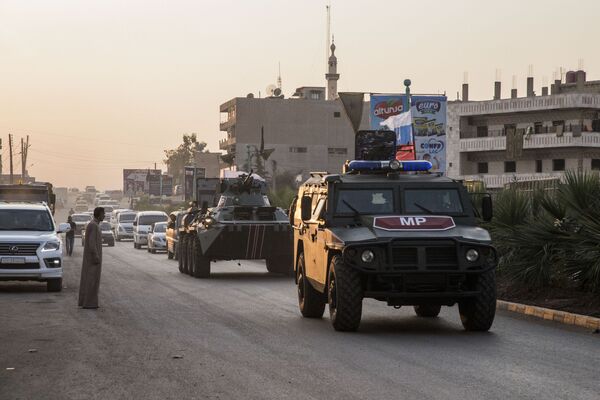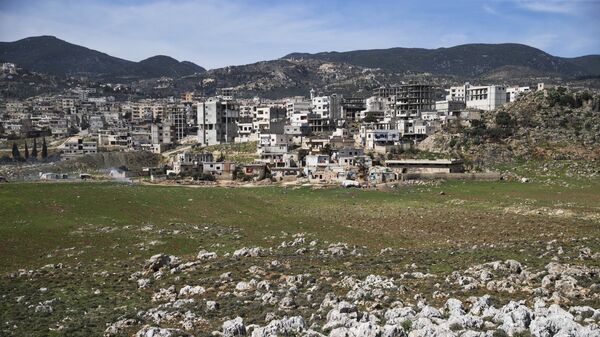"Our design capacity is 288,000 tonnes of metal per year, but, unfortunately, we did not reach it, as there is not enough electricity. Because of this, we work only six hours a day, make only 50,000 tonnes per year. Now, we are reviving, and hope that we will increase production over time. We hope that our president [Bashar Assad], with the help of the army and our Russian brothers, will free up areas in Syria so that our business does better", Abdulnasir Mashan said.
According to the factory's director, the plant built in 1978 was one of a kind until 2011, when two more factories appeared just before the start of the war. In 2010, the company planned a large-scale modernisation but was forced to postpone it due to the civil war.

After Hama was liberated from militants, it was decided to resume the plant's operations. The company began to process scrap metal and supply products to the Syrian market.
"We supply only domestically, and our products are not enough, because there is a large reconstruction project happening in Syria", Mashan noted.
The war between the Syrian government and opposition groups, including terrorists, began in 2011. By 2016, the terrorist forces were significantly subdued, while the government and opposition concluded a ceasefire, with Russia, Iran, and Turkey acting as its guarantors.
Notwithstanding the recent escalation in the country's northern sections, the return of refugees to de-escalated areas and the restoration of peaceful life remain a priority in Syria.


